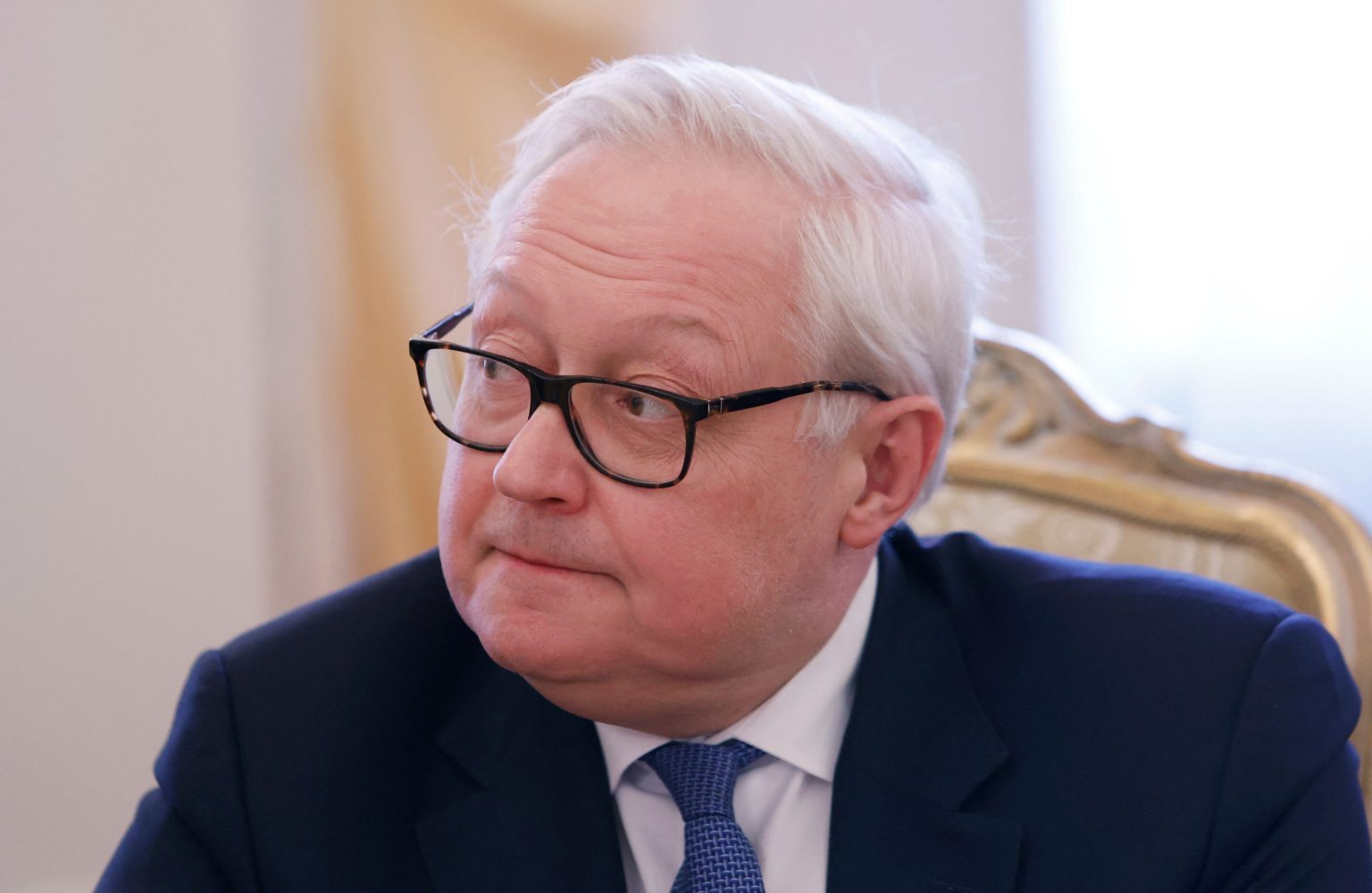Russian Deputy Foreign Minister Sergei Ryabkov, an ally of President Vladimir Putin, emphasized that while Moscow’s nuclear war policy has not changed, the situation is fluid and constantly analyzed. He stated that Russia’s nuclear doctrine explicitly allows for the first use of nuclear weapons if needed, but at present, there have been no changes to this policy. With concerns lingering about the possibility of a nuclear war, especially in the context of the ongoing tensions between Russia and Ukraine, both countries have been taking steps to ensure their security.
The conflict between Russia and Ukraine escalated in February 2022 when Putin initiated a full-scale invasion of Ukraine. While there are apprehensions that this situation could lead to a nuclear war, Putin has indicated that Moscow’s preparedness for such a scenario does not imply an intention to use nuclear weapons unless there is a significant threat to Russia’s statehood or sovereignty. Ukraine, having given up its nuclear weapons in 1994 under the Budapest Memorandum, relies on international agreements to guarantee its security. The collapse of the Soviet Union led to Ukraine possessing a significant nuclear arsenal, but this was relinquished in exchange for assurances of its security and sovereignty.
In response to rising tensions, Russia’s defense ministry has launched preparations for nuclear-weapon drills in southern Russia as a measure to enhance deterrence. The drills are seen as a response to what Moscow perceives as provocative statements and threats from Western officials. While the drills may raise concerns, Putin has downplayed their significance, emphasizing that they are routine training exercises. Belarus is set to participate in the drills alongside Russia, underscoring the strategic partnership between the two countries. Overall, the nuclear exercises are intended to reinforce Russia’s deterrence capabilities and underscore its commitment to national security.
The fluidity of the situation between Russia and Ukraine and the ongoing geopolitical tensions have raised concerns about the potential for a nuclear confrontation. Despite assurances from both sides that nuclear weapons would only be used as a last resort, the specter of escalation remains. The delicate balance of power in the region underscores the importance of diplomatic efforts to prevent further escalation and maintain stability. The nuclear drills conducted by Russia serve as a reminder of the enduring threat of nuclear conflict, emphasizing the need for dialogue and de-escalation to avert a catastrophic outcome.
As the situation continues to evolve, it is crucial for all parties involved to prioritize communication and diplomacy in order to prevent misunderstandings and miscalculations that could lead to a nuclear crisis. With the stakes high and tensions mounting, the international community must work together to defuse the situation and find peaceful resolutions to the underlying conflicts. The fragile balance between deterrence and diplomacy underscores the complexity of the geopolitical landscape and the urgent need for dialogue to prevent the escalation of hostilities into a catastrophic nuclear conflict. In this context, the role of international agreements and mechanisms for conflict resolution becomes paramount in ensuring peace and security in the region.


